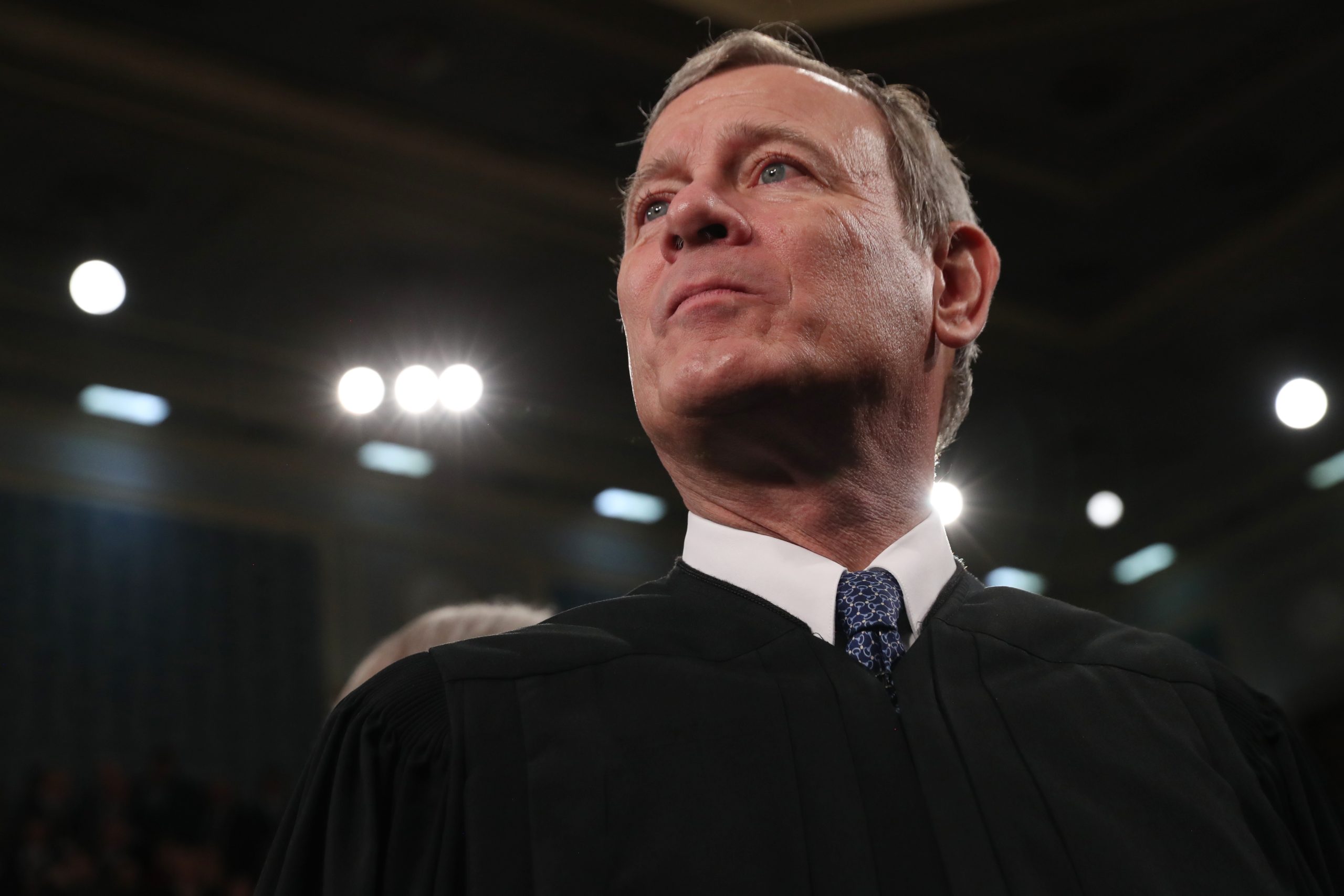
Chris Lange, FISM News
[elfsight_social_share_buttons id=”1″]
Supreme Court officials are requiring the court’s law clerks to sign sworn affidavits and hand over their cell phone records in their probe of a leaked draft opinion to overturn Roe v. Wade earlier this month, according to a CNN exclusive report.
On May 2, Politico published a draft opinion authored by Justice Samuel Alito that would remove abortion rights protections from the federal level and instead leave such decisions up to individual states. Those with knowledge of the court’s procedures say the leak had to have come from either one of the justices, a clerk, or other top staffer with access to the draft.
Some of the clerks are reportedly considering hiring legal counsel in response to the increased scrutiny, particularly the demand for their personal cell phone data, according to the report.
Tensions remain high within the nation’s highest court following the unprecedented leak, which has led to nationwide protests, some of which targeted the private residences of conservative judges who concurred with Alito’s opinion back in February. An eight-foot non-scalable fence and concrete barriers erected outside the court building remain in place amid continued protests and threats.
Following the breach, Chief Justice John Roberts reportedly met with the law clerks as a group, though it is unclear whether he has spoken with any individually. Roberts has expressed serious concern over the flagrant breach of the court’s closely-guarded confidentiality as well as the potential for future leaks. He ordered a probe into the source of the leak on May 3, tasking Gail Curley, the court’s marshal, to lead the investigation.
Multiple news outlets, political pundits, and Washington insiders have speculated that the draft was likely disclosed by a clerk, though CNN points out that other individuals within the court also routinely have access to circulating opinions, including staffers within each justices’ chambers and a limited number of administrative personnel.
Former law clerks told the news service that close to 75 people typically have some access to circulating opinions within the court.
“There are protocols for handling drafts of court opinions, which circulate electronically on a closed system, separate from the computer system the justices and court employees use to communicate with people outside the court,” CNN stated, adding that “it is possible for printed copies to leave the building under even innocent circumstances, as work is taken home.”
The court so far has not released any progress reports related to the probe into the leak.
